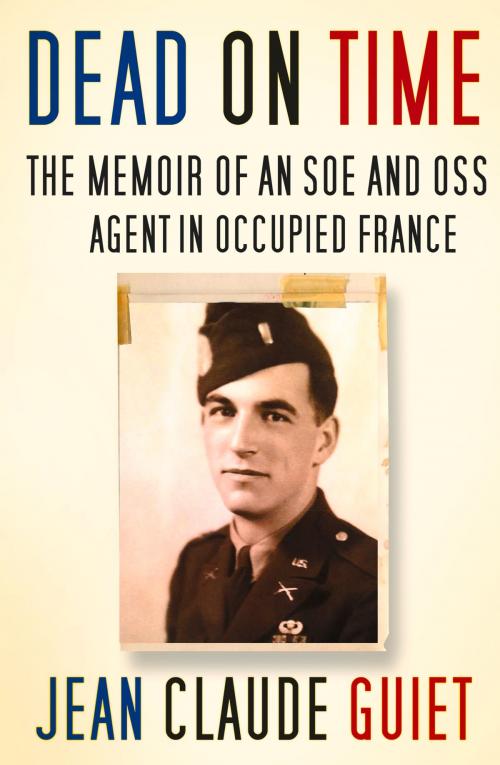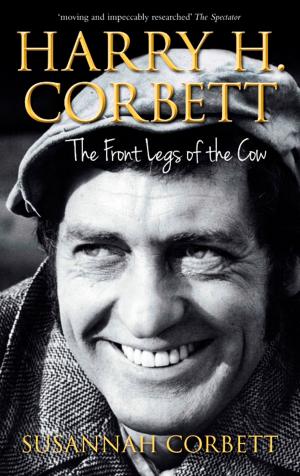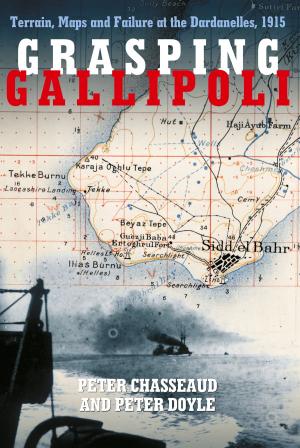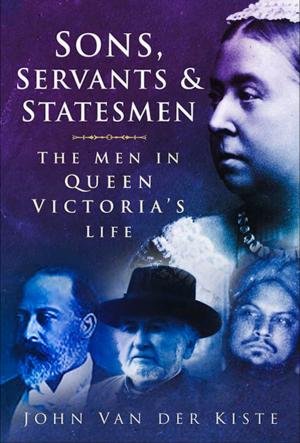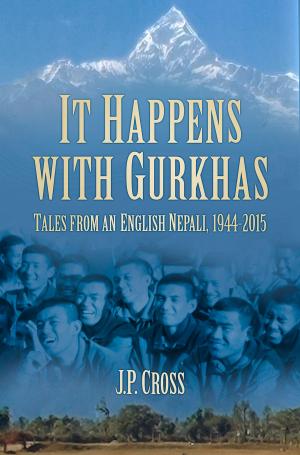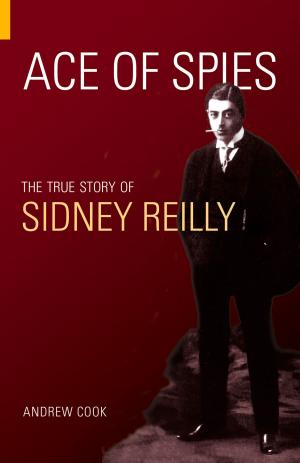| Author: | Jean Claude Guiet, Robert Maloubier | ISBN: | 9780750968737 |
| Publisher: | The History Press | Publication: | March 2, 2016 |
| Imprint: | The History Press | Language: | English |
| Author: | Jean Claude Guiet, Robert Maloubier |
| ISBN: | 9780750968737 |
| Publisher: | The History Press |
| Publication: | March 2, 2016 |
| Imprint: | The History Press |
| Language: | English |
Jean Claude Guiet was born in Belfort, France. His parents headed the French Department at a college in the U.S. for 30 years, so he spent his school years here and summers in France. In 1940, at 16, he was recruited by the OSS (the precursor of the CIA). After Fort Bragg training he parachuted into France with Violette Szabo to prevent the 2nd SS Panzer Division from reinforcing Normandy before D-Day. Resistance groups organized by his immediate superior wrecked trains, shot up convoys and all the while Jean was coding and transmitting. As D-Day approached, he was a witness to the first daylight drop of supplies. After the liberation of Paris he was sent to Indo-China to train tribes to fight the Japanese in the jungles of China, Vietnam, Burma, Laos and Cambodia. After the war he worked for the CIA in Washington and the Far East. His unique story is told in a self-deprecating and elegant style.
Jean Claude Guiet was born in Belfort, France. His parents headed the French Department at a college in the U.S. for 30 years, so he spent his school years here and summers in France. In 1940, at 16, he was recruited by the OSS (the precursor of the CIA). After Fort Bragg training he parachuted into France with Violette Szabo to prevent the 2nd SS Panzer Division from reinforcing Normandy before D-Day. Resistance groups organized by his immediate superior wrecked trains, shot up convoys and all the while Jean was coding and transmitting. As D-Day approached, he was a witness to the first daylight drop of supplies. After the liberation of Paris he was sent to Indo-China to train tribes to fight the Japanese in the jungles of China, Vietnam, Burma, Laos and Cambodia. After the war he worked for the CIA in Washington and the Far East. His unique story is told in a self-deprecating and elegant style.
